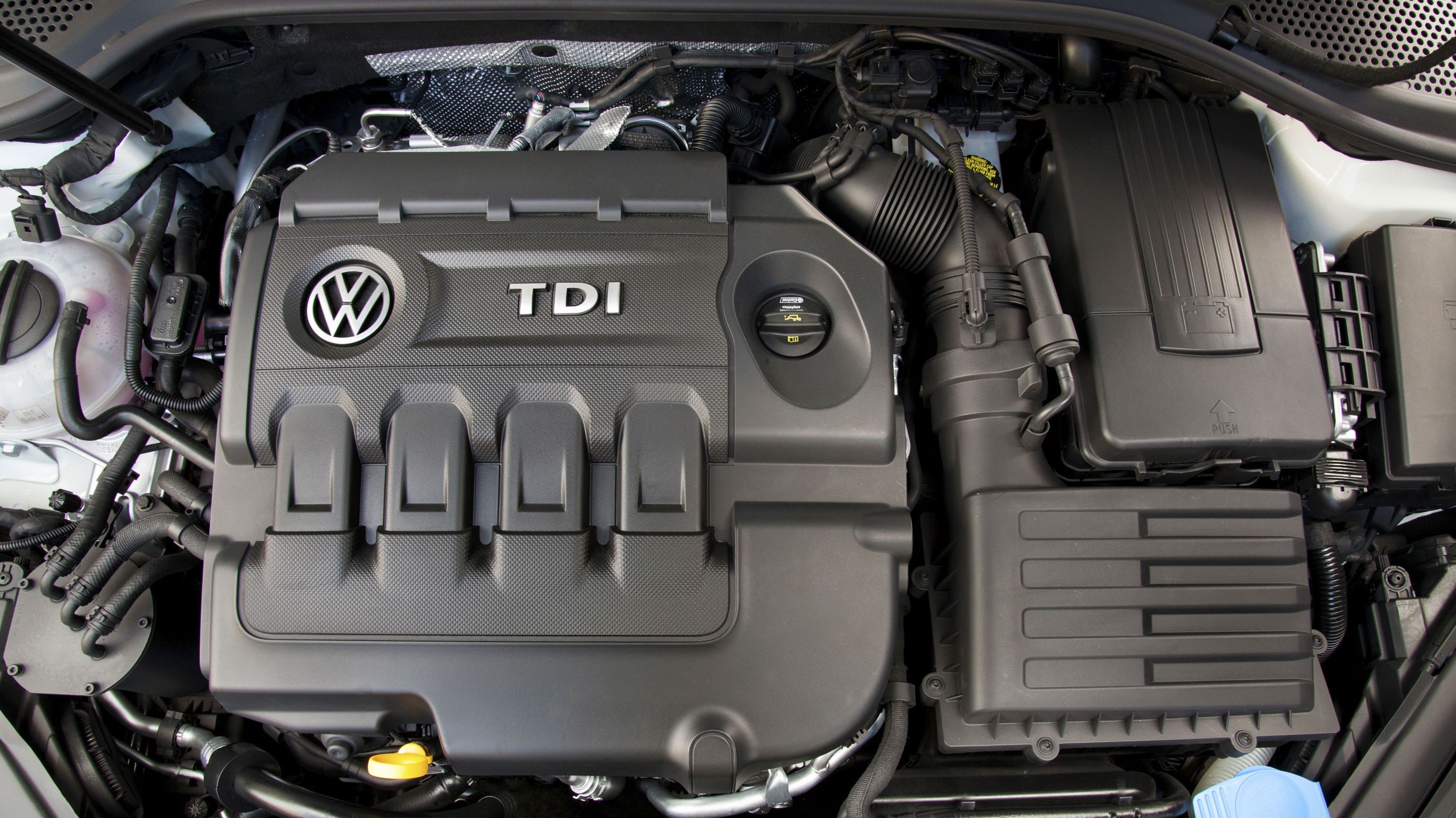Volkswagen is on the hook to pay U.S. states $2.8 billion stemming from the Dieselgate scandal involving the German automaker. With the money scheduled to arrive as early as June 2018, states are already figuring it on how they plan to spend their share of the pie. In the irony of ironies, most states plan to use their allocation from Dieselgate to help reduce diesel pollution in their borders.
The funds from the Dieselgate payout are scheduled to be distributed depending on the number of diesel Volkswagens that were sold in each state. That means that each state will get a different amount, ranging from $8 million to $423 million. Regardless of the amount their getting, a lot of U.S. states have already committed to spending most, if not all, of the funds on flushing out diesel vehicles and introducing more efficient forms of transportation within their jurisdictions.
In South Carolina, for example, the Department of Education wants to use its entire $34-million payout to replace its 5,600 diesel buses. It’s the same story in New Mexico, where a group of voters are clamoring for the state to spend its $18-million settlement on purchasing zero-emission school buses. Then there’s California, which has $423 million in settlement money headed its way. It’s the biggest chunk of the $2.8 billion settlement, and according to California Air Resources Board spokesman David Clegern, the state is already planning to spend it on existing programs that will reduce diesel emissions in neighborhoods near warehouses, industries, and seaports. Included in these programs are vouchers that will help offset costs of businesses that will buy hybrid and zero-emission trucks and buses.
Other states are also planning to spend a percentage of their payouts to subsidize the construction of public charging stations for electric vehicles. These charging stations come on top of Volkswagen’s separate vow to spend $2 billion of its own money to build similar charging stations and another $10 billion to buy back defective diesel-powered VWs from consumers.
With the money still on its way, there’s still the possibility that priorities could change depending on the state. But given the narrative state leaders are throwing out there, it’s likely that the money coming from Volkswagen will have a bigger effect than just replacing today’s crop of diesel vehicles with hybrid and electric cars. It’s going to create interest among state agencies to push for more clean-vehicle technologies in the future once they see the benefits of having them today.
References
Read more Volkswagen news.

